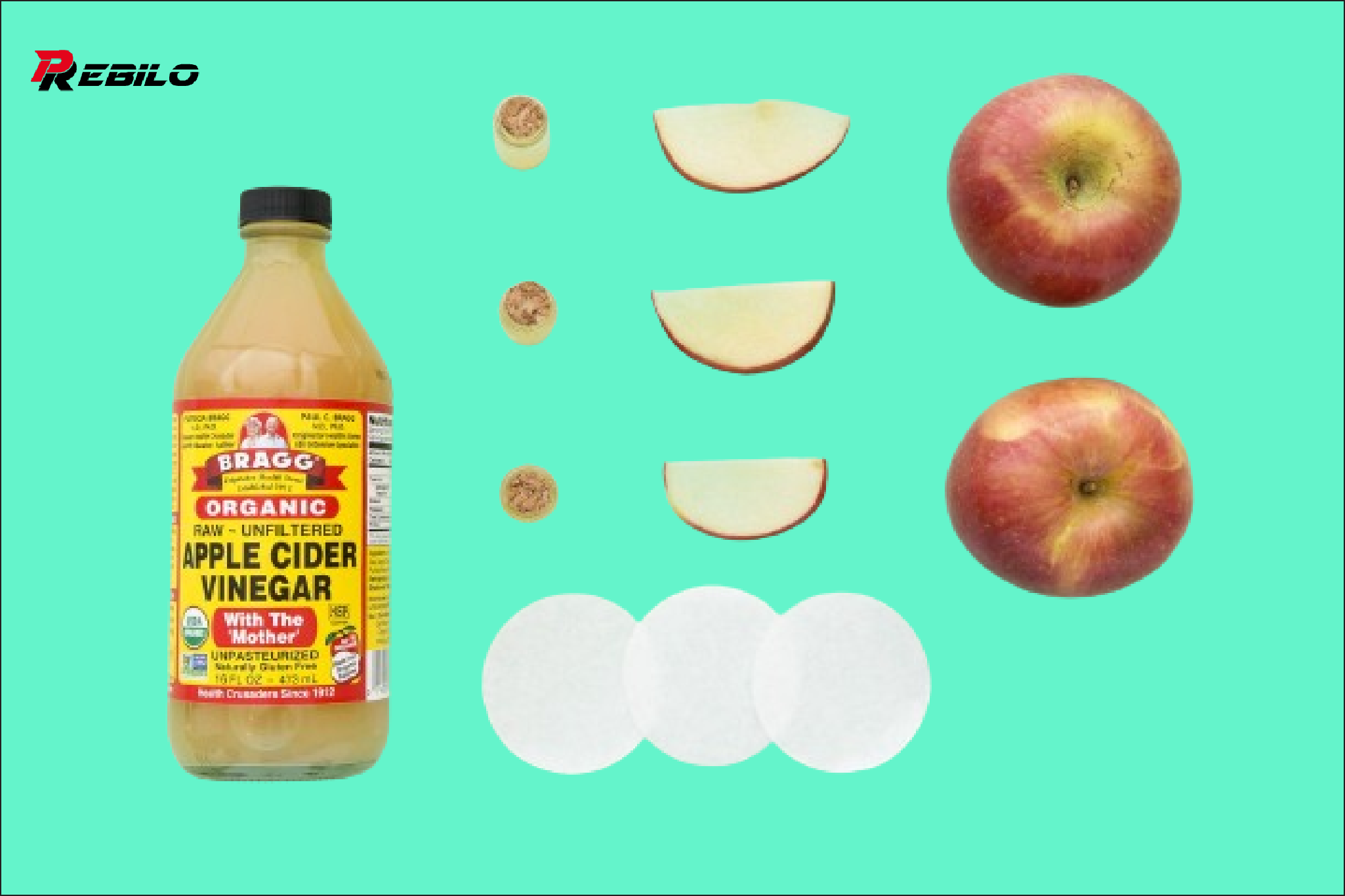Reasons why apple cider vinegar toner has become more popular in the past decade
What is vinegar?
The term “Vinegar” or “Vinaigre” has its roots in the Latin language, where “Vinum” means wine and “Aigre” means sour. Vinegar dates back to 5000 BC, and is considered one of nature’s wonderful gifts. The Babylonians used vinegar derived from date palms for food, preservation, and pickling. Ancient Egyptian jars dating back to 3000 BC also contain traces of vinegar. Throughout history, vinegar has been used for cooking and medicinal purposes, with Hippocrates recommending it for treating the common cold. In Bible times, it flavored foods and aided in healing.
History of apple cider vinegar
Apple cider vinegar, which has its origins in China and Africa, has been used as an alternative medicine. It passed from ancient nomadic tribes such as the Aryans to the Romans and Greeks, and evolved into apple cider vinegar. In World War I, it treated wounds, and samurai warriors consumed it for strength. Mares eat it to prevent the accumulation of fatty tissue. The Romans considered it not only a health treatment, but also a major tool in conquering the Alps.
What is apple cider vinegar?
Apple cider vinegar is primarily apple juice fermented into alcohol through yeast. Subsequent bacterial fermentation converts the alcohol into acetic acid, imparting the distinctive sour taste and strong odor to vinegar. Apple cider vinegar is known for its antimicrobial and antioxidant effects and has a variety of uses.
How to make apple cider vinegar
Production involves two steps: exposure of crushed apples by yeast to ferment the sugar into alcohol, followed by bacterial fermentation of the alcohol into acetic acid – the main active compound that provides the vinegar’s aroma and flavour.
Benefits of apple cider vinegar
While some claims lack solid research support, the acetic acid found in apple cider vinegar may offer benefits, including:
Eliminate Pathogens: Vinegar is known for killing bacteria, and has been traditionally used in cleaning, disinfection, and treating various conditions.
Regulating blood sugar: Studies indicate potential benefits in improving insulin sensitivity, lowering blood sugar and insulin response, especially after meals rich in carbohydrates.
Skin health: The acidity of apple cider vinegar may help balance the skin’s pH and improve the protective barrier, which may help with conditions such as eczema. It is used in facial cleansers, toners, and topical treatments.
Use apple cider vinegar on the skin
Facial cleanser: Mixing a quarter cup of warm water with a tablespoon of apple cider vinegar makes it an effective daily facial cleanser, but people with sensitive skin should be careful.
Toner: Combining one part apple cider vinegar with two parts water creates a toner, which when used after cleansing, acts as an astringent to tighten and protect the skin.
Treating stains: Applying a small amount of apple cider vinegar to the stains using a wet piece of cotton acts as a quick treatment for the stains.
Other uses
While apple cider vinegar is promoted in many skin care applications, the evidence to support some common claims is limited. It may help tighten and protect skin but should be part of a broader skincare routine to reduce the appearance of premature wrinkles.


